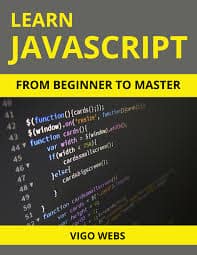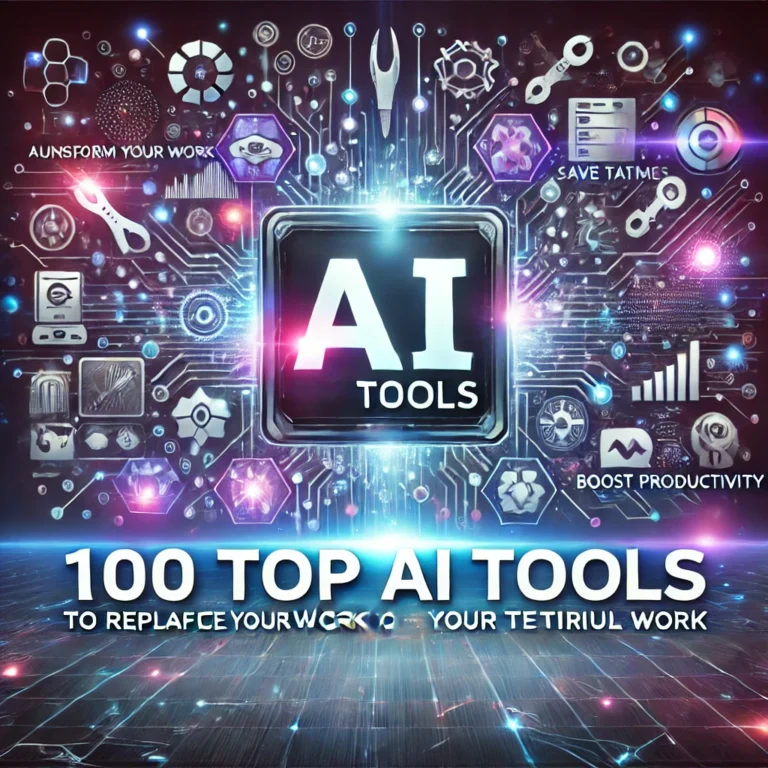INTRODUCTION:
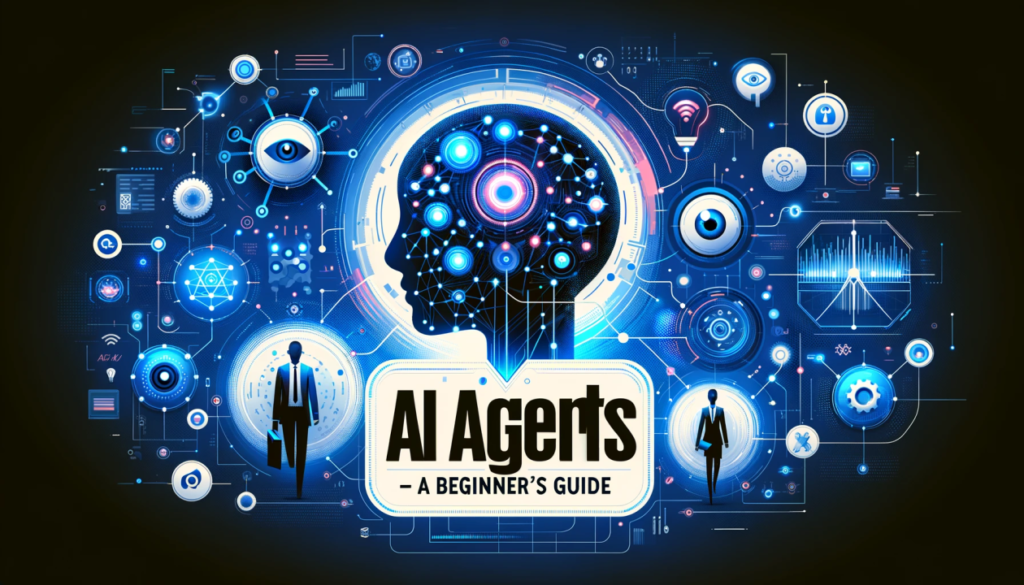
Ever dreamed of creating your own personal assistant, a robot that can learn and grow? That’s where AI Agents come in. These intelligent programs can do amazing things, and you can learn to build them too. In this post, we’ll break down how to get started on your AI Agent journey.
What are AI Agents?
AI agents are autonomous software programs designed to perform tasks independently, utilizing algorithms and data to make decisions. They can interact with their environment, perceive incoming data, and take actions to achieve specific goals. AI agents are employed in a variety of applications, including:
- Chatbots: AI-powered chatbots can engage in conversations with humans, answering questions and providing customer support. They leverage natural language processing (NLP) to understand and respond to user inquiries effectively.
- Robotics: AI agents control robots, enabling them to perform tasks such as assembly, navigation, and manipulation in various environments. These agents can adapt to changing conditions and execute complex operations without human intervention.
- Game Playing: AI agents are used in gaming to play strategic games like chess and Go, as well as video games. They utilize algorithms and machine learning techniques to improve their gameplay by learning from past experiences.
Want To Know More About:
Best Blockchain Gadgets To Buy In 2025
Top 25 New Technology Trends To Watch In 2025
60 AI Tools To Start Your Profitable Online Business In 2025.
Characteristics of AI Agents
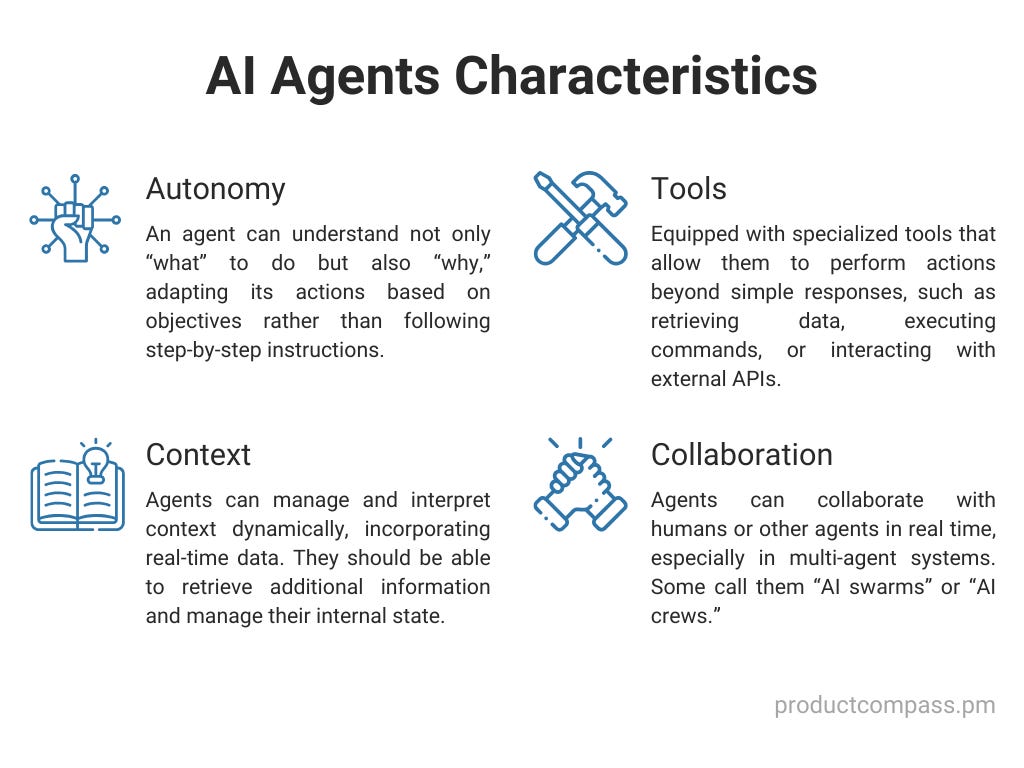
AI agents possess several key characteristics that differentiate them from traditional software programs:
- Autonomy: AI agents can operate independently without requiring constant human oversight. This autonomy allows them to handle complex tasks and make real-time decisions based on their environment.
- Perception: AI agents sense their environment through various inputs (sensors) and interpret this data to understand the current state of affairs.
- Reactivity: These agents can assess their surroundings and respond appropriately to changes, allowing them to adapt quickly to new situations.
- Reasoning and Decision-Making: AI agents analyze data and make informed decisions using reasoning techniques and algorithms. This capability enables them to select the best course of action based on their objectives.
- Learning: Many AI agents incorporate machine learning techniques, allowing them to learn from experiences and improve their performance over time.
- Communication: AI agents can interact with other agents or humans through various methods, including natural language understanding and speech recognition.
- Goal-Oriented: They are designed to achieve specific goals, which can be predefined or learned through interactions with their environment.

Applications of AI Agents
AI agents are transforming various industries by automating processes and enhancing efficiency:
- Customer Service: Chatbots provide instant support, improving customer satisfaction while reducing operational costs.
- Healthcare: AI agents assist in diagnosing diseases by analyzing medical data and images, streamlining patient care.
- Finance: In banking, AI agents monitor transactions for fraudulent activity and provide personalized financial advice based on user behavior.
AI agents represent a significant advancement in artificial intelligence, capable of performing tasks autonomously while interacting with their environment. Their characteristics—such as autonomy, perception, reactivity, and learning—enable them to adapt and improve over time. As technology continues to evolve, the applications of AI agents will expand further, driving innovation across multiple sectors.
Understanding the capabilities and potential of AI agents, businesses can leverage these technologies to enhance productivity and streamline operations.
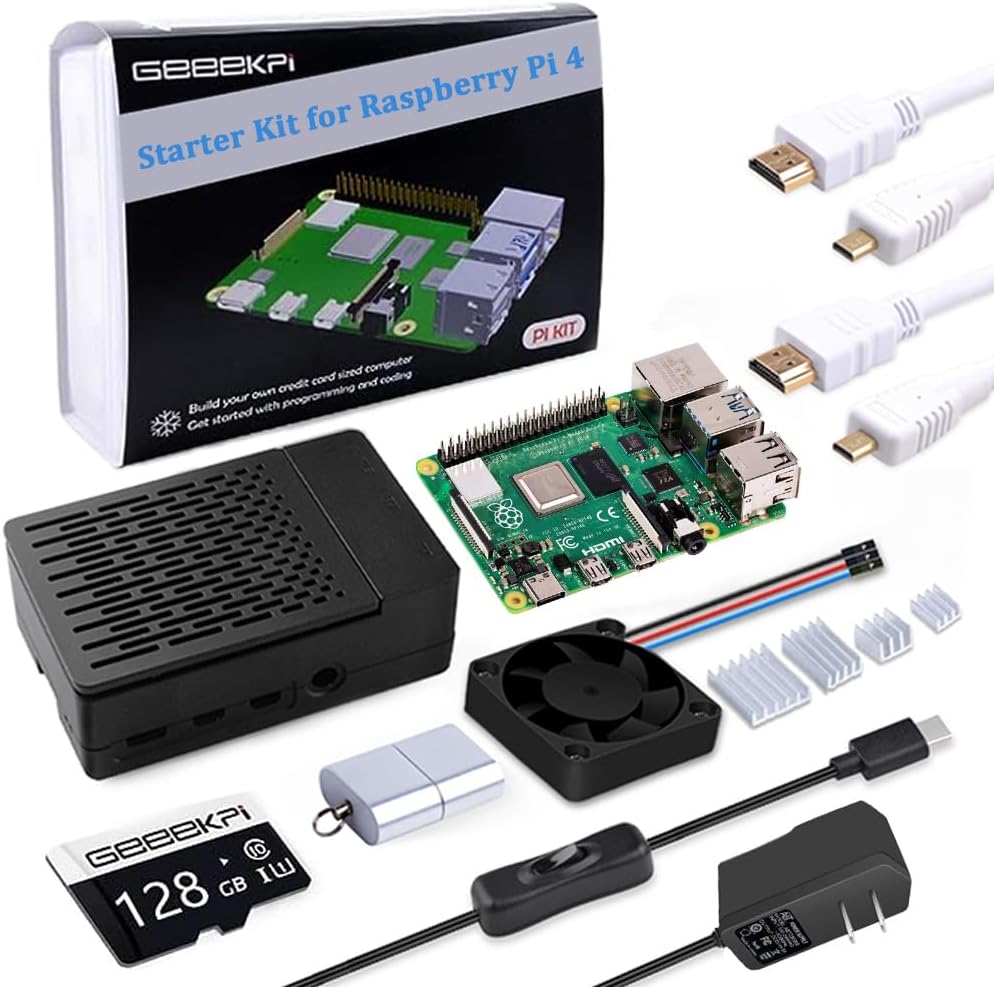
Why Learn AI Agents?
Learning about AI agents can provide numerous advantages, both professionally and personally. Here are some compelling reasons to delve into this fascinating area of artificial intelligence:
1. Career Opportunities
Knowledge of AI agents can significantly enhance your career prospects in various industries, including:
- Robotics: With the increasing automation of tasks, expertise in AI agents is essential for designing intelligent robots that can perform complex functions autonomously.
- Healthcare: AI agents are being used to develop diagnostic tools, patient management systems, and personalized medicine solutions. Understanding how these agents work can position you for roles in healthcare technology.
- Finance: In the finance sector, AI agents are employed for algorithmic trading, fraud detection, and customer service automation. Skills in this area can lead to opportunities in fintech and banking.
As industries continue to adopt AI technologies, the demand for professionals skilled in AI agents is expected to grow, making it a valuable area of expertise.
2. Improved Problem-Solving Skills
Learning about AI agents involves understanding how to design and implement algorithms that enable machines to make decisions and solve problems. This process enhances your problem-solving skills in several ways:
- Analytical Thinking: You’ll develop a strong analytical mindset as you learn to break down complex problems into manageable components and devise effective solutions.
- Algorithm Design: Gaining experience with algorithms will improve your ability to think logically and systematically, which is applicable not only in AI but also in general programming and software development.
These skills are transferable across various fields and can enhance your overall ability to tackle challenges effectively.
3. Enhanced Creativity
AI agents are increasingly being utilized in creative applications, such as art, music, and writing. Learning about these agents can expand your creative horizons by:
- Exploring New Mediums: Understanding how AI agents generate art or compose music can inspire you to experiment with new forms of creative expression.
- Collaboration with AI: You can learn how to collaborate with AI tools to enhance your creative projects. For instance, using AI-generated suggestions can lead to innovative ideas that you might not have considered otherwise.
Integrating AI into your creative processes, you can push the boundaries of traditional art forms and explore new possibilities.
Learning about AI agents offers a wealth of benefits, from enhancing career prospects across diverse industries to improving problem-solving skills and fostering creativity. As the field of artificial intelligence continues to evolve, understanding how AI agents function will be increasingly valuable.
Whether you are looking to advance your career, sharpen your analytical abilities, or explore new creative avenues, investing time in learning about AI agents is a smart choice that can yield significant rewards. Embrace this opportunity to stay ahead in a rapidly changing technological landscape.
Getting Started with AI Agents.

To begin your journey into learning about AI agents, follow these structured steps:
1. Learn the Basics of Programming
Start by acquiring foundational programming skills, as they are essential for working with AI agents. Python is a popular language in AI research due to its simplicity and extensive libraries.
- Recommended Resource: Consider taking a course like Artificial Intelligence for Beginners: Python & AI Basics on Udemy to learn Python programming alongside AI fundamentals.
2. Familiarize Yourself with AI Frameworks
Once you have a grasp of Python, familiarize yourself with popular AI frameworks such as TensorFlow, PyTorch, and Keras. These frameworks provide tools and libraries that simplify the process of building and deploying AI agents.
- Suggested Learning Path: Explore tutorials and documentation for each framework to understand their capabilities and how to implement them in your projects.
3. Study AI Algorithms
Gain knowledge about various AI algorithms, including:
- Reinforcement Learning: Focuses on training agents to make decisions by rewarding desired behaviors.
- Deep Learning: Utilizes neural networks to model complex patterns in data.
- Natural Language Processing (NLP): Enables machines to understand and generate human language.
- Resource for Study: Online courses like AI Python for Beginners on Coursera can provide insights into these algorithms while also teaching you practical applications.
4. Practice Building AI Agents
Start with simple projects to apply what you’ve learned. Build basic AI agents such as:
- Chatbots: Create a simple chatbot that can answer frequently asked questions.
- Game-Playing Agents: Develop an agent that plays simple games like tic-tac-toe or chess.
As you gain confidence, progress to more complex projects that challenge your skills.
5. Join Online Communities
Engaging with online communities can enhance your learning experience. Platforms such as Kaggle, Reddit, and GitHub allow you to connect with other AI enthusiasts, share your projects, and learn from their experiences.
- Community Engagement: Participate in forums, contribute to open-source projects, and join discussions related to AI agents to broaden your understanding and network with like-minded individuals.
Following these steps, you can effectively start your journey into the world of AI agents. From learning programming basics to engaging with advanced frameworks and communities, each step will build your knowledge and skills in this exciting field. Embrace the opportunity to learn, experiment, and connect with others as you explore the potential of AI agents!
Resources for Learning AI Agents
To help you get started with AI agents, here are some valuable resources across various formats:
1. Online Courses
- Coursera: Offers a course titled “Learn AI Agents,” part of the AI Engineering Specialization. This course covers constructing prompts for dynamic dialogues and developing action functions for AI agents.
- edX: Provides courses from top universities that focus on AI and machine learning, including topics related to AI agents.
- Udemy: Features a variety of courses such as “Intro to AI Agents: Build an Army of Digital Workers with AI,” which explores the fundamentals and applications of AI agents.
2. Books
- “Artificial Intelligence: A Modern Approach” by Stuart Russell and Peter Norvig: This comprehensive textbook is widely regarded as a foundational resource in the field of AI, covering essential concepts and techniques relevant to AI agents.
3. Research Papers
- Stay updated with the latest developments in AI agents by reading research papers published in journals and conferences. Websites like arXiv and Google Scholar are excellent platforms to find cutting-edge research.
4. Specialized Courses
- DAIR.AI Academy: Offers an “Introduction to AI Agents” course that focuses on building effective and complex AI agents, providing hands-on projects to apply your learnings.
- DeepLearning.AI: Features specialized courses such as “Multi AI Agent Systems with crewAI,” which teaches principles for designing effective multi-agent systems.
5. Community Engagement
- Join online communities such as Kaggle, Reddit, or GitHub to connect with other learners and professionals in the field. Engaging in discussions, participating in competitions, and collaborating on projects can enhance your understanding and skills in AI agents.
Utilizing these resources, you can effectively embark on your journey to learn about AI agents. From online courses and textbooks to research papers and community engagement, each resource will provide valuable knowledge and practical experience. Embrace these opportunities to deepen your understanding of AI agents and their applications across various industries.
Conclusion:
The journey into the realm of AI agents is filled with both rewards and challenges. By following the steps outlined in this post, you’ll be well-equipped to embark on your own AI agent development journey. Remember, the world of AI is constantly evolving, so embrace the learning process and enjoy the exciting possibilities that lie ahead.
Disclosure/Disclaimer:
This article contains affiliate links, supporting our educational and informative contents creation.
We appreciate supporting us to create more value and fascinating contents here on our site for educational purposes only.




